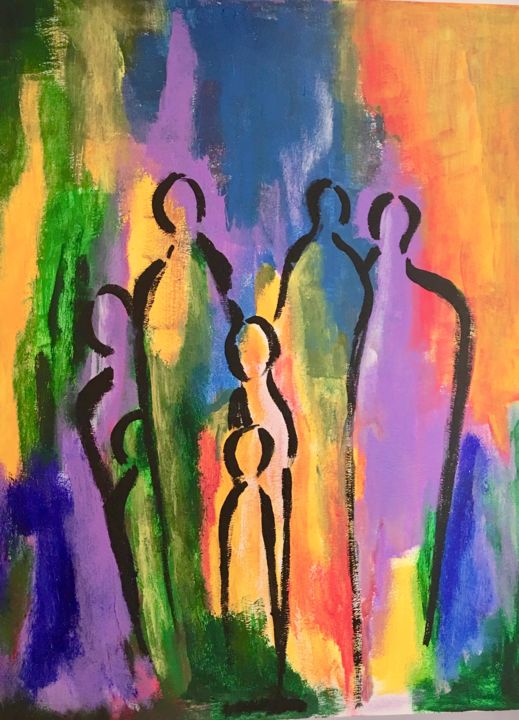Aurelio Porfiri
The Italian writer Roberto Saviano has accustomed us to many surprising statements, which scandalize many but which should instead cheer us up, because they make evident the dangerous slope on which we are slipping. Isn’t it better when there are people who make it clear what is usually done in the shadows? In a quite recent article in the popular Italian newspaper Corriere della Sera, speaking of the recent capture of a woman, the leading boss of a mafia clan, Saviano stated: “The family is the means and the end of profit, blood is the only guarantee of trust. Trust only in your blood is the imperative of the “Piccerella” [nickname of the woman] not because your blood is better than others but because no rival will ever believe in the betrayal of a relative of yours and therefore will be forced to be faithful to you.” Of course, to put it like this is ambiguous … does it refer to the Mafia family or to the family itself in general?
Further on, Saviano further specifies: “If the concept of family did not exist, criminal organizations would not exist. The family is above all organization, it is mutual aid but only towards those who have the “merit” of sharing the same blood. Marriage is an economic pact between groups. Children are asset protection and inheritance. Friendships are momentary and useful if they are beneficial. Those who believe that this is just the behavior of criminal families, have not sufficiently studied the families of contemporary capitalism, a machine of control and competition, of agreement and a ferocious search for profit”. If the concept of family did not exist, would there not be criminal organizations? So what about: if there were no knives, no one would be stabbed? And I can give a thousand examples of this kind. Certainly this is a kind of thinking that has a perverted logic in itself, but the fact that can be published in a popular newspaper tells us that there are powerful people who have interest in seeing this kind of reasoning being part of a sort of mainstream collective conscience.
But later Saviano was very clear in his thoughts: “When they ask me when the mafias will end, I answer when the families will end. When humanity will find new forms of social organization, new pacts of affection, new dynamics in which to grow lives. Families! Closed hearths; locked doors; jealous possession of happiness I hate you, André Gide.” It would be almost comical, if it weren’t tragic. But, as I said, at least it clarifies the madness we live in.
So should wine be eliminated to prevent drunkenness? Should one give up cars to make sure they don’t get hit? And how about giving up sex to solve the rape problem forever? In this way, within a few years we become extinct and leave the field free to other animals, certainly more intelligent than us. Of course the writer has his own reason to hate families, reasons probably to be dealt with by a psychologist and not being made public in a newspaper.
Of course, we all know that family life is not a bed of roses, but one can suffer in them, one can even fail in one’s attempt to build a family unit that brings stability to those involved. I am not among those who moralize towards those who experience failures, despite being well aware of what Catholic doctrine teaches. I understand that sometimes you have to accept the cross of failure and take responsibility for it before God and those directly involved. But the family cannot be reduced to its failure or to a strategy of deviant behavior. What kind of reasoning is this?
Yet these are the times we live in, times in which reasoning is upside down and finds hospitality in the most important national newspapers. GK Chesterton understood this well decades ago when he famously said that fires will be stoked to testify that two plus two equals four and swords will be drawn to show that the leaves are green in summer. Here they are, those times have come. (Image: Happy Family, Ilan Korda / Artmajeur)


 Follow
Follow


